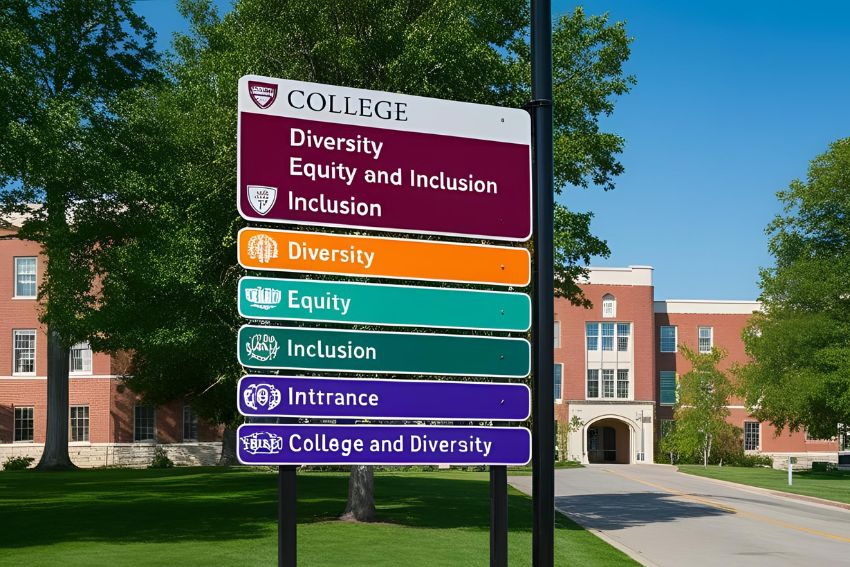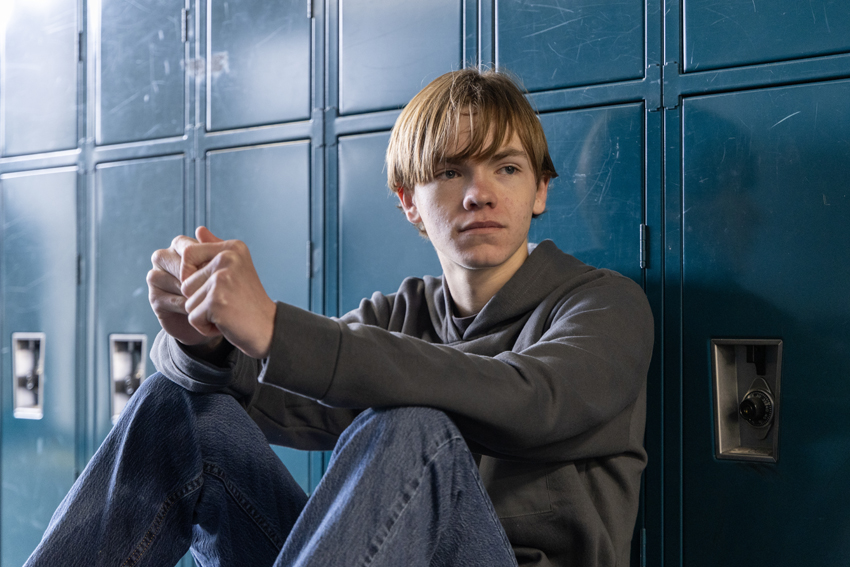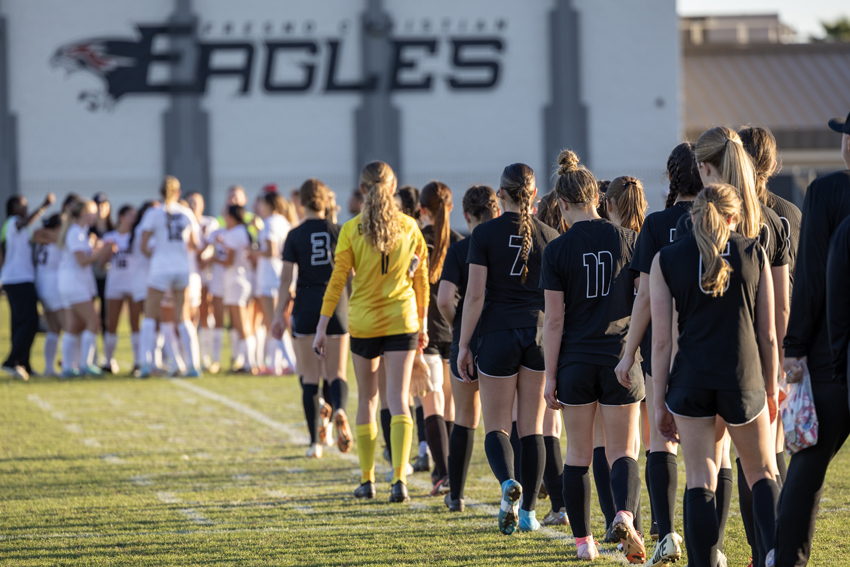Throughout adolescence relationships crumble, schoolwork increases, college approaches and family issues arise. The seemingly simple problems of life can be difficult for teenagers to cope with.
Everyone in high school faces pressure to decide their future but, as current research has shown, teenagers are physically incapable of making these decisions, having little experience to draw on.
According to Sheryl Feinstein, associate professor of Augustana College in South Dakota, teenagers are still learning how to envision and develop their decision-making skills. Neurons are not wired during the adolescent years, so the reaction to these skill areas often becomes misinterpreted by adults.
Students in junior high build deduction skills, but research shows the frontal lobes of adolescent brains do not develop until the age of approximately 22 years old; therefore youths use the emotional part of their brain, the amygdale, to resolve conflicts and problem solve.
Because teens use the amygdale rather than their frontal lobes, the result of stress are often misunderstandings, anger, aggression, risk-taking and emotional language. Feinstein believes certain situations such as failing an exam, their physical appearance, judgment by others and situations which threaten self-esteem, may result in stress producers.
Even if adolescents remain rational while under the pressure of working out a dilemma, being limited in real world experience takes an additional toll on the teenage mind. While parents or guardians have witnessed the world first-hand for several decades, many young people ignore this convenient resource, either due to their own discomfort or even rebellion.
It is the subconscious need for control that often causes adolescents to resist parental supervision. Parents often set curfews, choose transportation, select school and church, set restrictions on music and TV and, in some cases, disapprove of friends.
Even if teens comply with certain limitations, they sometimes rebel by seeking their own means of solving personal problems.
Once all adult advice is disregarded, as may be the case, many turn to friends; however, peers also have an underdeveloped brains, hence, the phrase the blind leading the blind comes to mind.
Although young people lack wired neurons, life lessons can be learned through experience. Sometimes the actions of others are helpful in avoiding misfortunes. This appears to be a perfect tool to help guide teens; however, many view other’s pitfalls and say, “It’s not going to happen to me.”
In order to navigate the teenage years, Feinstein suggests that teens develop impulse control and build relationships, improving communication skills. During this time, adults may need to build tolerance with their children. In non-scientific terms, relax and talk over problems.
Just because teens are young does not mean they should be granted complete immunity. Learn from observing both personal and peers’ experiences, if talking with an adult is not an option, either by access or choice. It is necessary to be honest when recognizing personal weaknesses and realize the ability to handle problems is often more than one can deal with alone.







